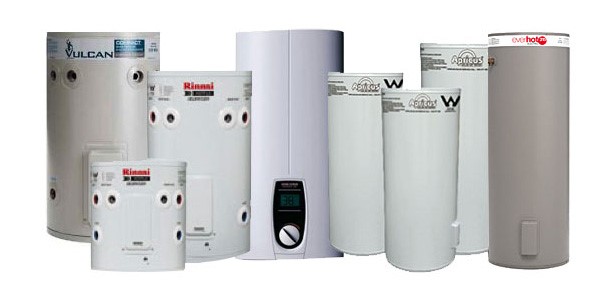When your old hot water system goes boom, which happens frequently around the end of the winter, it’s a terrible sinking feeling. Not only will you fear taking a cold shower, but the impending large repair price. However, there are several options for hot water systems today with new technology innovation leaving you with only one pressing question: Which hot water system is right for you?
1. Electric
Electric hot water systems heat the water using an element inside the storage tank, much like a kettle. Although these tanks are among the most economical solutions available and come in a variety of sizes, it must be acknowledged that they are not the most energy-efficient hot water system available.
Advantages
- Low initial expenses
- Reliable
- Heat in off-peak times
- Simple to install
Disadvantages
- Costly in the long run
- Using non-renewable energy sources is not environmentally beneficial.
2. Heat pump
A heat pump is substantially more energy efficient even though it technically falls under the category of an electric hot water system, even though it is typically more expensive to install and noisy to operate. The mechanism used is comparable to a refrigerator operating backward! Your hot water expense might be reduced by two-thirds thanks to the heat pump’s innovative air-to-water heat transfer.
Advantages
- Environmentally friendly
- Energy-efficient design
- Less greenhouse gas emissions compared to conventional systems
- Simple to connect and install
- No requirement for batteries, inverters, or solar panels
- Long-term financial savings
Disadvantages
- High initial expenses
- Not recommended for very cold climates
3. Solar
A growing number of people are choosing “green” options like the solar hot water system. As they use free solar energy rather than electricity or gas to heat your shower, this is also one of the most popular hot water systems installed in new houses.
Advantages
- Fewer greenhouse gasses
- Reduced energy costs
- Qualified for several rebate programs
- Energy independence
- Installable practically anyplace, provided there is adequate room and requires almost no maintenance
Disadvantages
- High initial expenses
- Lots of room is required for the system.
- Cloudy days don’t generate a lot of energy
- Decreased production during the winter
4. Gas
The fundamental distinction between gas and electric hot water systems is that a burner is utilised for gas instead of an element. Additionally, because gas systems heat water considerably more quickly than electric ones, they are often smaller than electric tanks.
Advantages
- Fewer emissions of greenhouse gases
- Compared to electricity, generally have lower usage rates (depending on your area)
- Long-term cost-effective
- Accelerated heat recovery times
Disadvantages
- Only really functional when linked to a gas main (using LPG bottles is very expensive)
- It must be outside (or exhaust fan inside)
- Can quickly lose heat due to inadequate insulation
5. Hot Water Installations:
It is best to consult a plumber when selecting your Brisbane hot water system who will install a system that is the suitable size for your home. You can anticipate a rise in your energy bill if this is neglected.
Buz Plumbing is an expert in a variety of jobs, including installing, repairing, and replacing different kinds of electric hot water systems as well as solar and gas hot water systems. Before installing a new hot water system, we strongly advise speaking with your plumber if you’re unclear of the kind you’d like. This will allow you to consider all of your possibilities.




